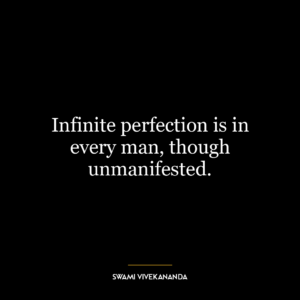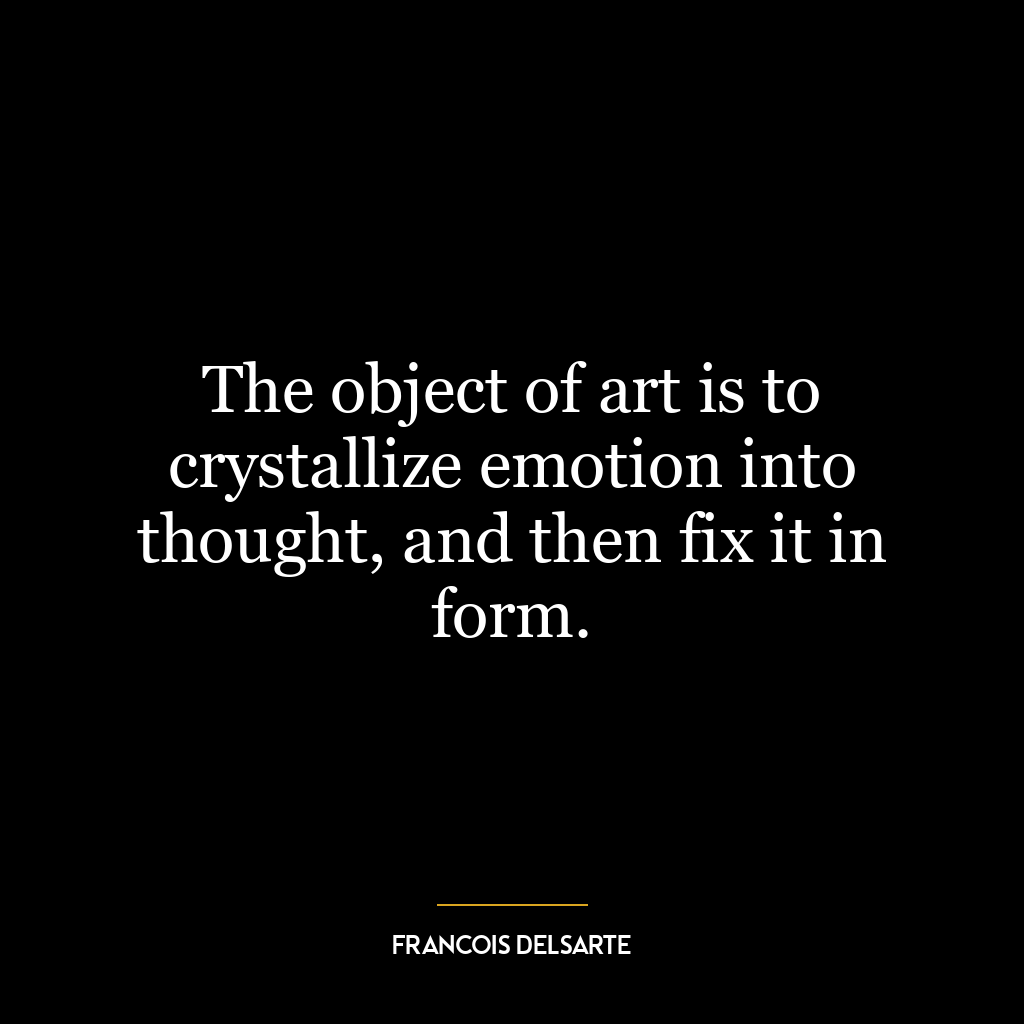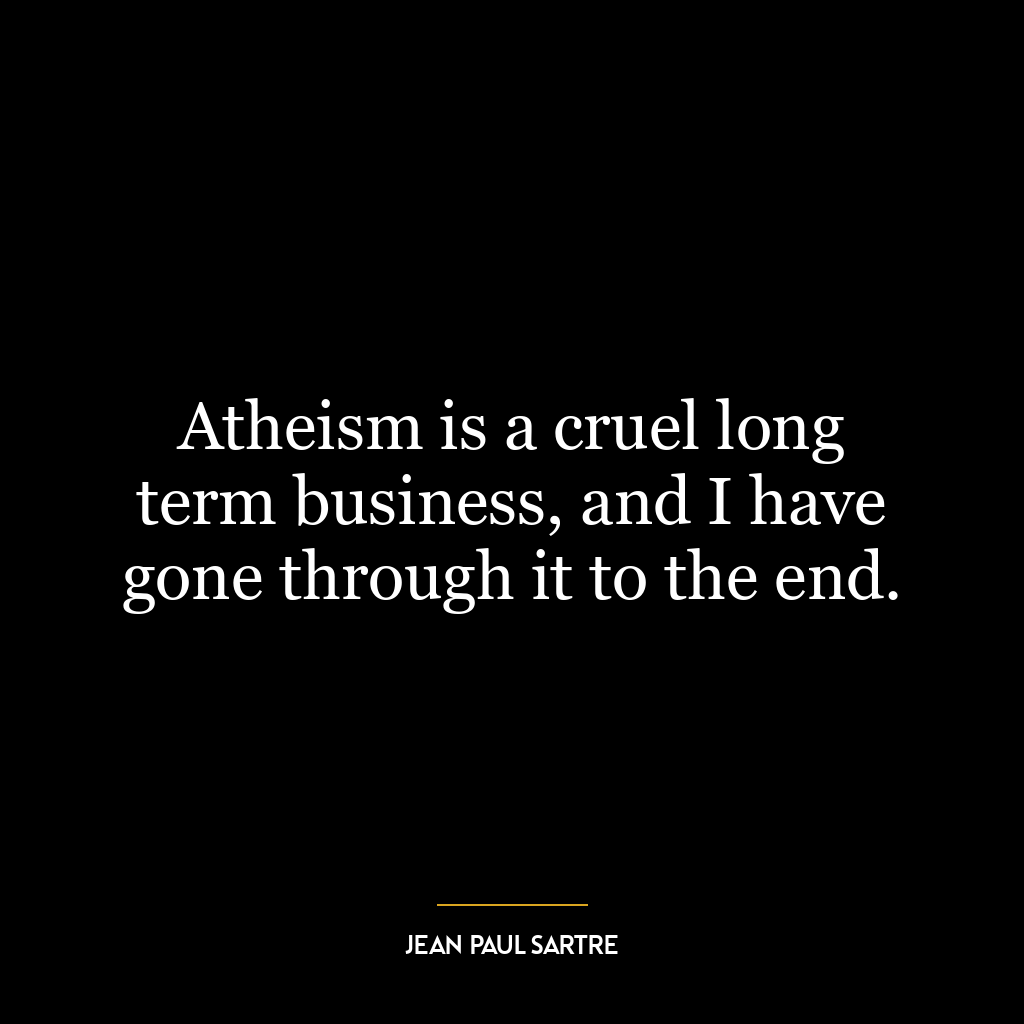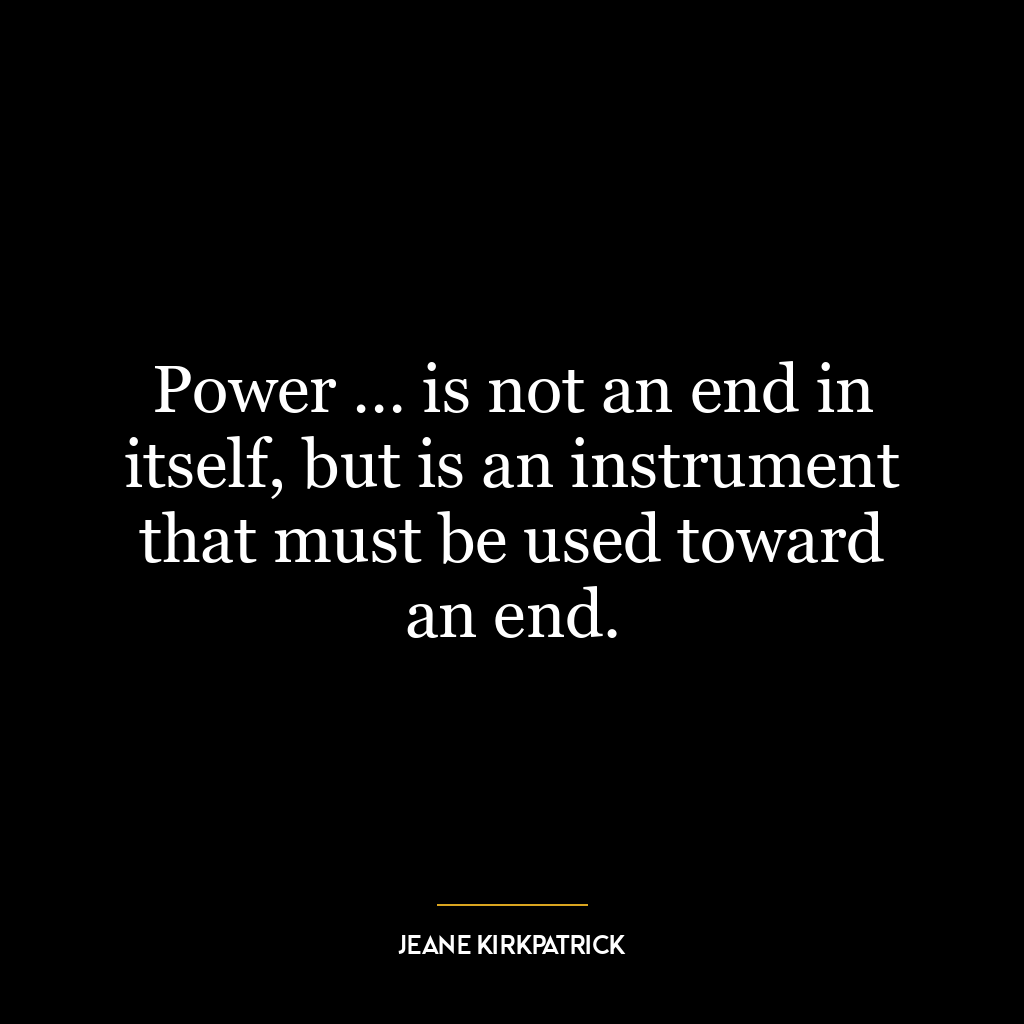We have none of us seen a form which had not a beginning and will not have an end.
This quote, “We have none of us seen a form which had not a beginning and will not have an end,” essentially speaks to the transient nature of existence. Everything that we see, touch, or experience in our physical world has a start point (a birth) and an endpoint (a death). This concept applies to all forms – humans, animals, plants, and even inanimate objects like buildings or cities. By acknowledging this reality of beginnings and endings, we can better understand the cyclical nature of life.
In terms of personal development and self-improvement today’s world context, this philosophy can be applied in several ways. Firstly it underlines the importance of adaptability. Just as forms change over time through birth and death cycles so too must our ideas beliefs strategies for living. Recognizing that nothing is permanent can help us become more resilient when facing changes or challenges.
Secondly it emphasizes the value in appreciating what we have while we have it because everything has an expiration date whether it’s relationships jobs experiences possessions etc. This awareness may encourage us to live more mindfully cherishing each moment rather than constantly striving for something else.
Lastly from a broader societal perspective this quote could inspire discussions about sustainability environmental conservation since these issues revolve around protecting preserving natural resources i.e., ‘forms’ that also follow cycles birth death decay regeneration.
Overall Swami Vivekananda’s words remind us embrace impermanence as fundamental part existence helps cultivate resilience gratitude sustainable practices both personal societal levels.









![The form [of literature] matters little to me, classical or not.](https://quotes.guide/wp-content/uploads/jean-paul-sartre/jean-paul-sartre-787186.png)

